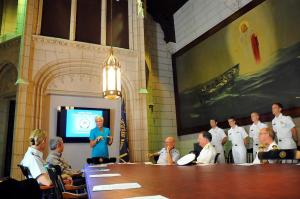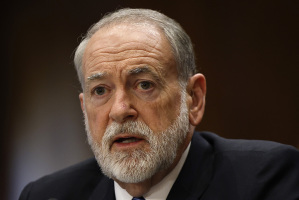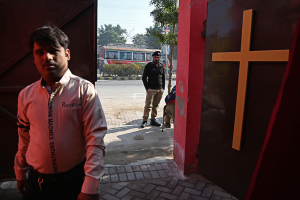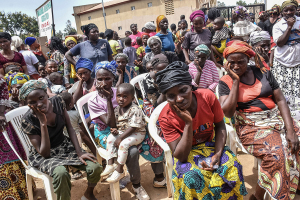Kuwait, Gulf States Could Soon Institute Clinical Tests to 'Detect' Banned Homosexuals From Entering Countries
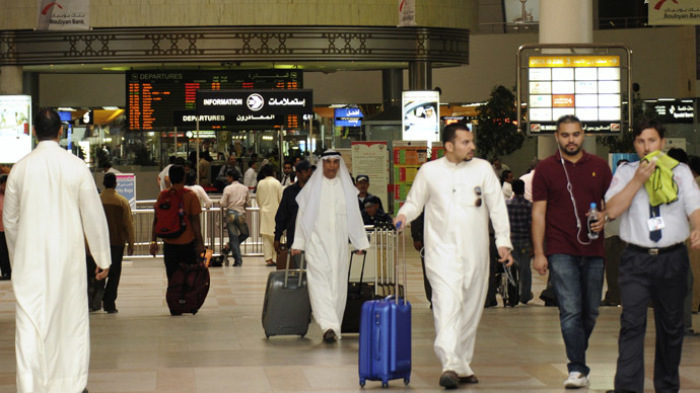
Routine medical tests to "detect" homosexuals could soon be used in Kuwait and other Gulf states in a bid to keep banned gays from entering Gulf states according to an official from the Kuwaiti health ministry.
Yousuf Mindkar, director of public health at the Kuwaiti health ministry notes in a Gulf News report that a central committee responsible for the status of expatriates will be looking at the proposal when it convenes on November 11.
"Health centers conduct the routine medical check to assess the health of the expatriates when they come into the Gulf Cooperation Countries (GCC)," said Yousuf. "However, we will take stricter measures that will help us detect gays who will be then barred from entering Kuwait or any of the GCC member states," he said, in a quote from Kuwaiti daily Al Rai on Monday.
According to The Independent, homosexuality is illegal in 78 countries and punishable by death in five of those countries including Iran, Yemen and Saudia Arabia.
Lawmakers in Bahrain have reportedly been cracking down on an increasing number of homosexuals coming into that country by instituting tougher immigration measures and deporting gays.
Gulf News noted that in 2011, Bahrain arrested a group of 127 people made up of mostly homosexuals from the Gulf countries, for hosting a "depraved and decadent" party.
The group reportedly rented a sports hall in a conservative village on Muharraq Island, located in the north of Bahrain, called Hidd. They then brought together gay men from the Arabian Gulf countries. Most of them were between 18 and 30 years old.
Neighbors in the village complained about the late night noises coming from the sports hall and called the police. An undercover officer infiltrated the fee-based party and discovered dozens of cross-dressers who were drinking and smoking.
Under Kuwaiti law homosexual acts can attract prison terms of up to 10 years if the offenders are under 21.
In Kuwait, prison terms for homosexual acts can reach 10 years if the people involved were under the age of 21.
That country banned the screening of a controversial film in 2010 called "Bedoon Rakaba" (Out of Control or Uncensored). It featured lifestyles focusing on drug use by young people and lesbianism.
A member of the censorship board billed some of the scenes "too hot" and that the lesbianism was "too bold."

















